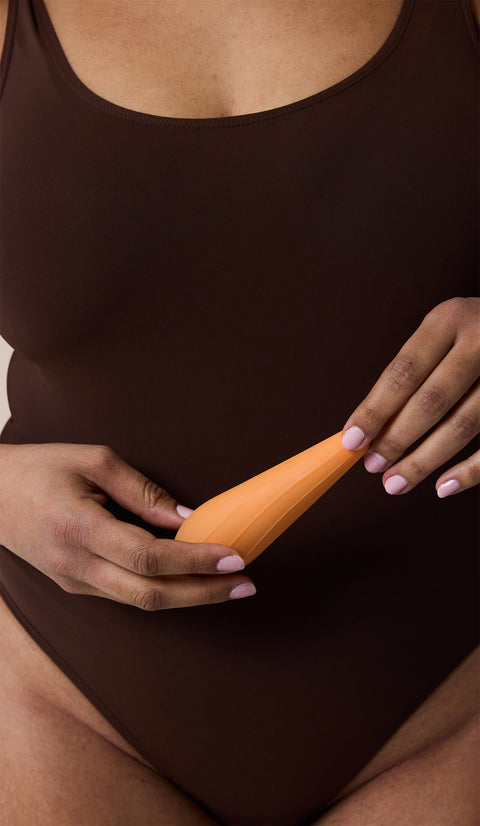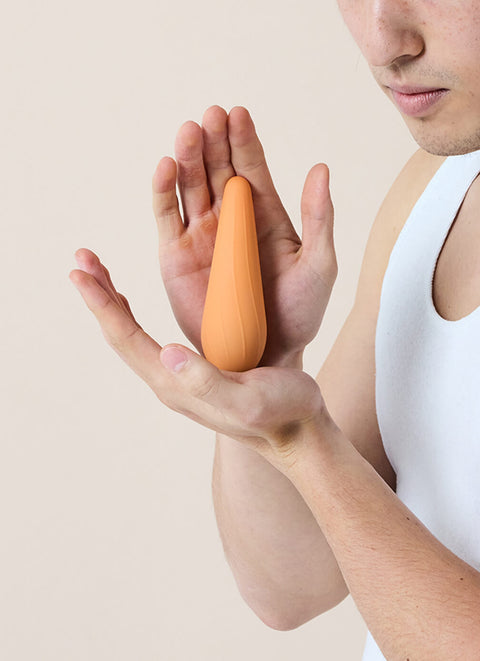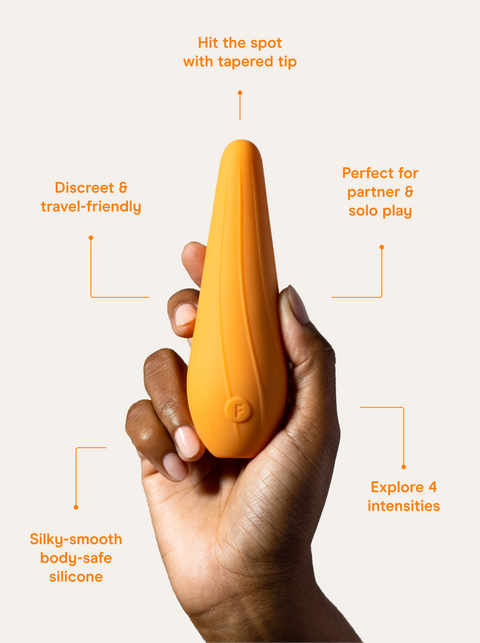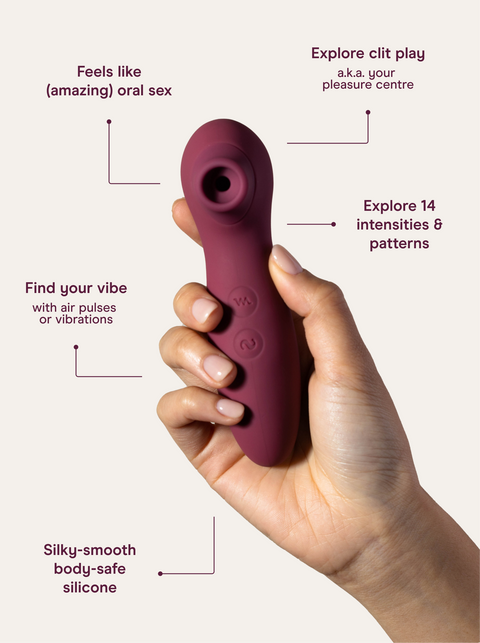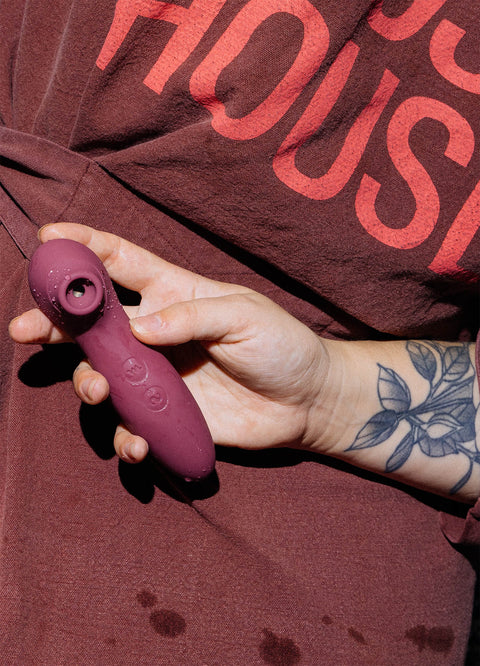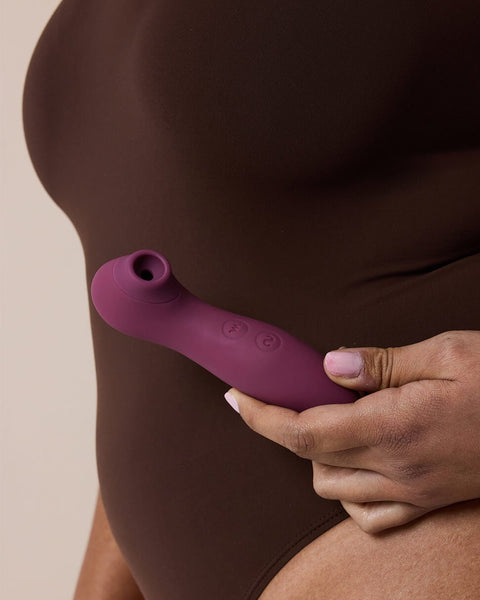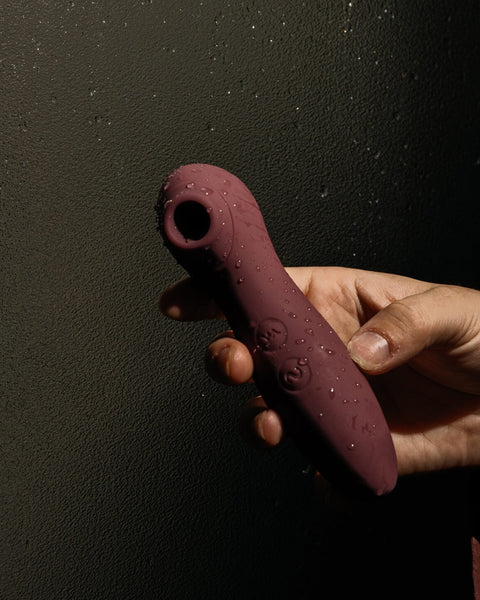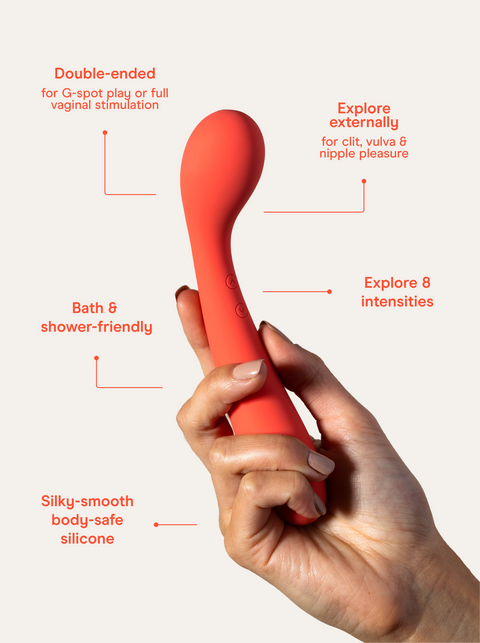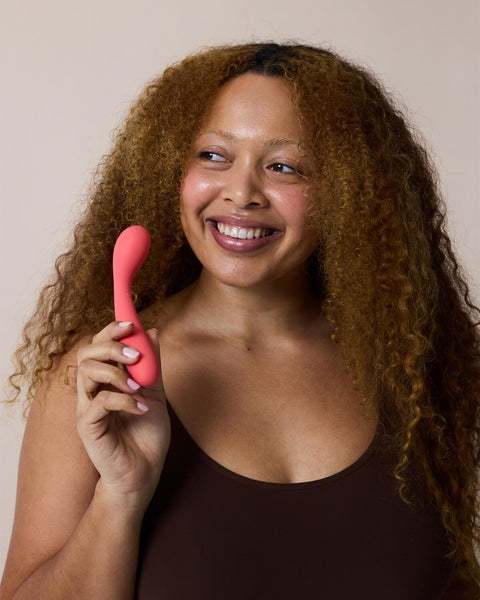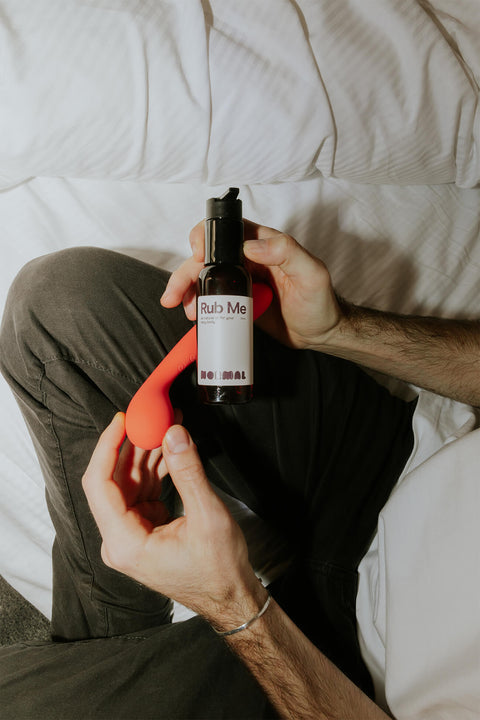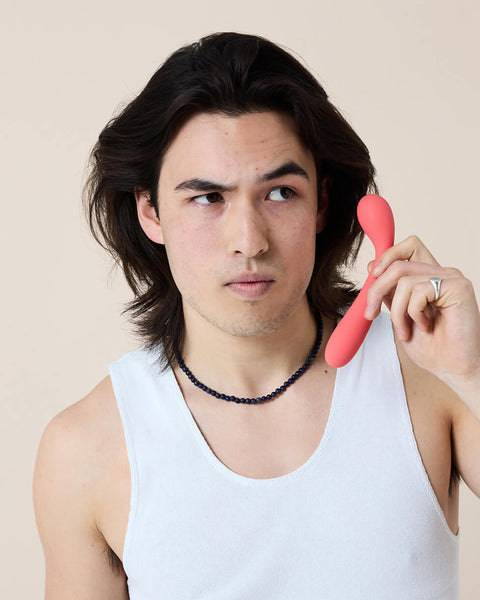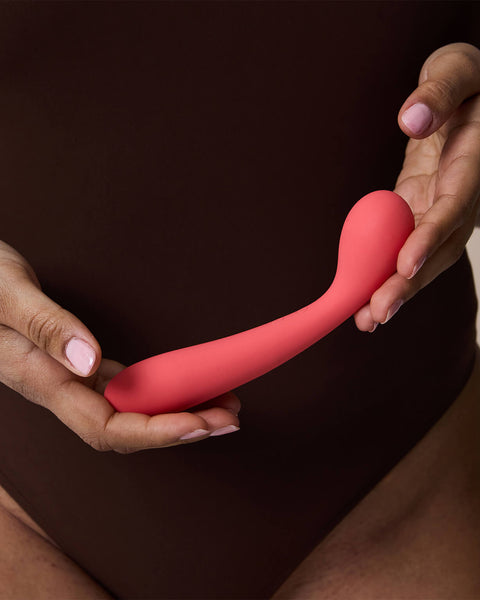It’s pretty common to occasionally feel a little nervous before sex.
Almost everyone has experienced that feeling of having butterflies in their stomach before having sex for the first time with a new partner, and it’s common to find yourself hoping that the sex you’re about to have is going to go well for everyone.
But sometimes these feelings of nervousness can build up to the point where we become anxious about having sex—and sometimes that anxiety can prevent us from enjoying sex, or wanting to have it at all.
Performance anxiety is a very real issue, and it can affect people of all genders. We’re going to look at what it is, why it happens, and how you can get help if it’s affecting you.
***
Performance anxiety isn’t a medical condition in and of itself. It refers, pretty generally, to a feeling of nerves and anxiety that can occur around sex—the feeling of not being ‘good enough’, not being able to pleasure your partner, or not being able to ‘perform’ in the way you think you should.
If you’re experiencing performance anxiety, you might feel anxiety or nerves before sex, to the point where you’re unable to become aroused. You might be distracted during sex and not be able to climax; or you might climax but no longer find sex enjoyable because of the anxiety it causes. You might also find yourself thinking about how to avoid sex, or dreading your partner mentioning it.
Sometimes performance anxiety can have a root cause.
Concerns about physical appearance and body image can lead to performance anxiety, as can erectile dysfunction. In fact, some people have suggested that performance anxiety and erectile dysfunction can be linked—if a person has an experience of not being able to get hard before sex, it may lead to later performance anxiety, which could in turn prevent them from getting hard the next time they go to have sex. After all, it’s difficult to get turned on and in the mood if we’re worried, no matter what we’re worried about.
Chronic pain, like vulvodynia and vaginismus, can also lead to performance anxiety if a person worries they might experience pain during sex. Writer and educator Uptight All Night wrote for us about her experience with vaginismus, which began for her as a fear of being hurt by penetration and progressed into something greater.
Questions about our own sexual abilities can cause performance anxiety, too: worry about whether we’re wet enough, erect enough, receptive enough during anal sex, physically attractive, or skilled at making our partner orgasm can contribute to performance anxiety. As can stress and worry about non-sexual parts of our lives, like work, family, and money.
So there is, basically, an almost endless list of things that can contribute to performance anxiety.
Beyond Blue notes that a quarter of Australians will suffer from an anxiety condition at some point in their lives, and this rate is higher for LGBTI+ Australians, with one in three currently experiencing anxiety. When we conducted our Big Sex Survey, we found that body image was the biggest concern for young females when having sex, and older women were concerned about not feeling confident or interested enough in sex. The top concern for men of all ages was wanting to give their partner more pleasure, but men also reported that they felt they lacked confidence in the bedroom, or that their body image was impacting how they felt.
If there’s anything reassuring to take away from these statistics, it’s that you’re not alone if you’re struggling with anxiety. There are treatments and help available, and specifically with regards to performance anxiety, there’s a lot you can do to break free of the cycle.
***
First up—if you notice a sudden and unexplained change in your body or the way you respond to arousal, we recommend checking in with a GP.
While performance anxiety can definitely affect our body’s responses, so can many other hidden medical issues. If you find that you suddenly can’t get aroused, and you used to be able to with no problem; or if you experience unexplained pain during sex, a quick check up can help you make sense of the sudden change. (And if you’re nervous about having a chat to your doctor about this, our mates at Pilot wrote an article telling you exactly what to expect.)
It can also be useful to speak with a GP to get a mental health treatment plan. A mental health treatment plan is essentially a referral to mental healthcare services like psychologists and social workers, and it outlines any mental health issues you might be facing along with how you and your doctor would like to address them.
Plenty of people have mental health treatment plans, and they’re absolutely nothing to be ashamed of or feel embarrassed about—in fact they’re pretty exciting, because they give you access to heaps of services that can be really useful. If you’d like to talk to someone impartial about your performance anxiety, a mental health treatment plan can entitle you to do just that.
We also suggest speaking with your partner, if you have one, about the way you’re feeling.
Although these conversations can feel really intimidating, they can ultimately be super beneficial. Think about it like this: your partner wants the best for you and would want to help you if you were feeling down, so why not give them the opportunity?
Find time when both you and your partner are feeling relaxed and comfortable, and tell them genuinely how you feel. “I’ve been feeling really anxious about having sex, because…” is a good way to start—and if you’re worried you won’t be able to find the words, put it in an email or letter for them to read.
If you can think of a specific way they can help you, you can suggest that (“I’d like you to come with me to a GP appointment,”) or you can simply ask for their support.
It can also be worth taking some sexual activities off the menu for a while, and focusing on ways to be intimate without having sex.
This might mean you prioritise non-sexual physical intimacy, like cuddles, massages, and hand-holding; or it could be that you make more effort to be emotionally intimate with your partner. If you’ve been waiting for a chance to take a weekend away, go for a couples’ massage, or even just spend the weekend in bed watching movies, now could be exactly the right time.
Lastly, we want to encourage you to prioritise your own wellbeing—always, but particularly if you’re experiencing stress or anxiety.
Try to eat well, drink a lot of water, and engage in some form of physical activity. Even if you just start or end the day with a few gentle stretches or a walk, you can help yourself ‘get out of your own head’ and focus your energy on something positive. If you enjoy meditation, it may be worth taking some time for some short meditations as well—our sex coach, Georgia Grace, developed a guided meditation for our Modern Guide to Sex to help you stay present and focused.
Remember that even though performance anxiety can sometimes feel debilitating, you’re not alone—and you absolutely will get through it.




